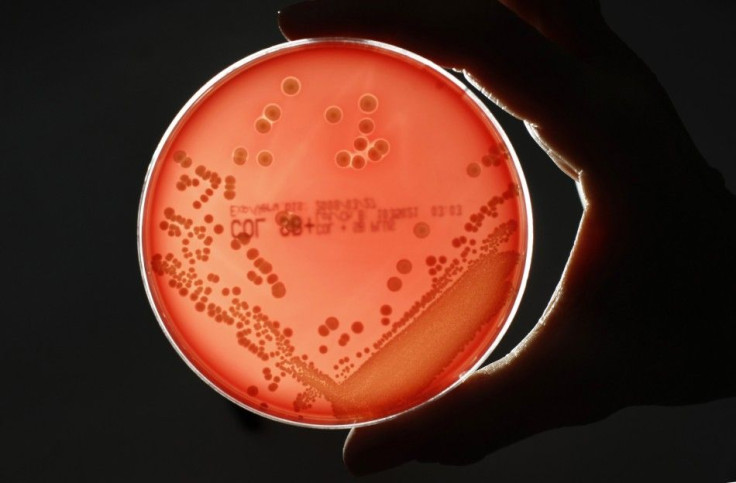Can Coffee and Tea REALLY Cure MRSA Superbug?

Reports on coffee's health properties-or the lack thereof-- are a permanent fixture in American media. Sometimes coffee is good for you; sometimes it causes cancer.
But recent findings from a government-funded study, published in the Annals of Family Medicine show that coffee may actually help, at least with MRSA.
According to the study by Dr. Eric Matheson of the Medical University of South Carolina in Charleston and colleagues, those who drink either coffee or tea- by comparison to non-drinkers - are about 50 percent less likely to have methicillin-resistant staphylococcus aureus (MRSA) in their nasal passages. Those who drink both are 67 percent less likely to have MRSA.
Hot tea and coffee have been found to have antimicrobial properties, Matheson wrote, Consumption of hot tea or coffee is associated with a lower likelihood of MRSA nasal carriage.
More than 5,500 Americans were sampled in the government study.
In an effort to both prevent and treat MRSA, researchers have examined the antimicrobial effects of several commonly consumed plants and plant extracts, wrote Matheson. What remains unclear is whether tea and coffee have systemic antimicrobial activity when consumed orally as beverages.
The study was provoked after topically applied or inhaled tea extracts showed anti-MRSA properties, said lead researcher Dr. Eric M. Matheson of the University of South Carolina, Charleston told Fox News.
What is MRSA?
MRSA, or methicillin-resistant Staphylococcus aureus, a staph infection-causing bacterium that is resistant to common antibiotics, is potentially lethal, causing pneumonia and blood infections.
In 2005, MRSA was responsible for an estimated 94,000 invasive life-threatening infections and close to 19,000 deaths, according to the Center for Disease Control (CDC).
There is still some question as to whether the study has solved the problem of MRSA.
Matheson told Fox News, You can never conclude causation from an association, adding, I can't tell you that this finding isn't just a coincidence since several factors including age and income were not accounted for. Still, when researches tried to account for these factors, there still seemed to be a more than tenuous relationship between drinking hot tea and coffee and lower rates of MRSA.
© Copyright IBTimes 2024. All rights reserved.











